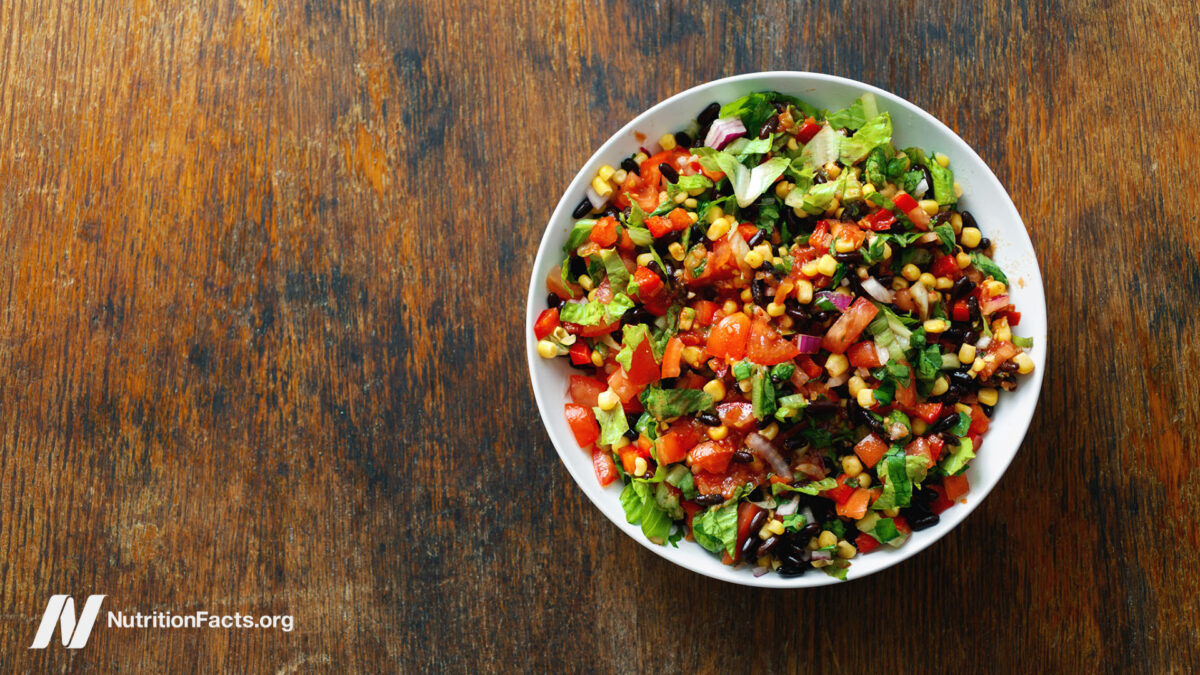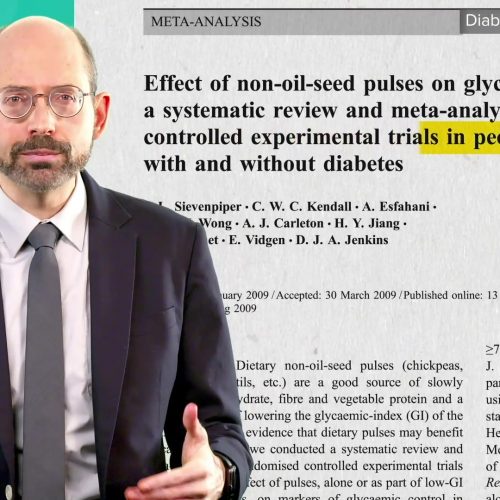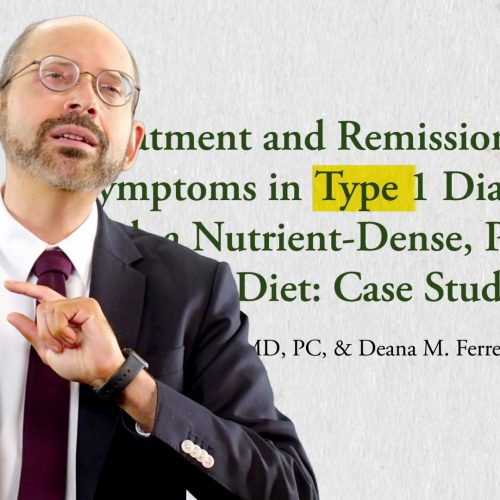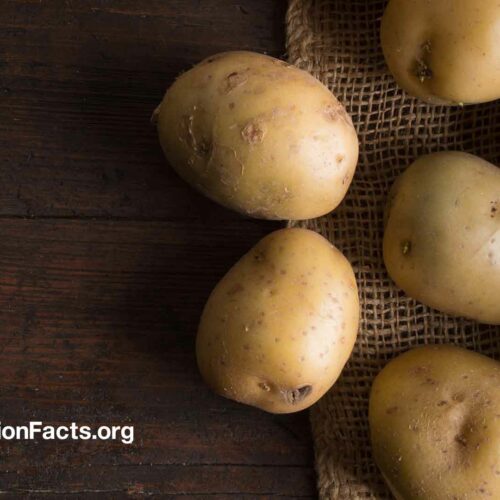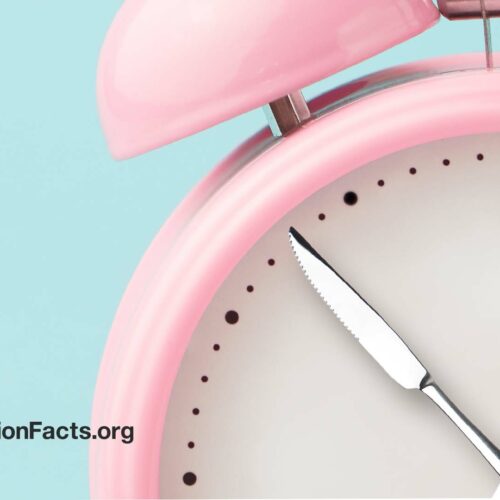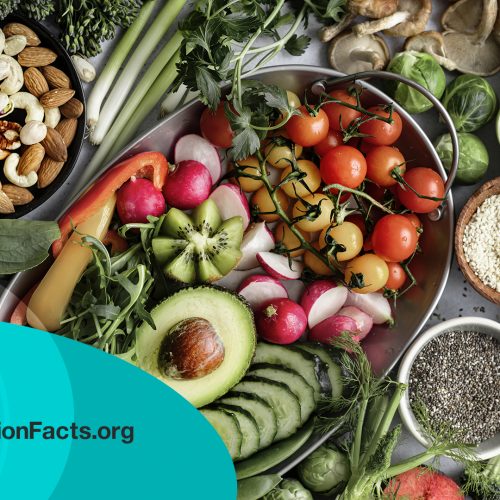What happens when you add massive amounts of carbohydrates in the form of whole grains to the daily diet of people with type 2 diabetes?
Why are macrobiotic diets apparently so effective at reducing blood sugar levels in diabetics within just a few weeks’ time? The diet is centered around whole grains—brown rice, barley, and millet—so might the high fiber intake improve the gut microbiome, the friendly flora in our colon, which then leads to a reduction in insulin resistance? Or, perhaps it’s because the diet is also rich in vegetables, so that corrects some kind of low-grade acidosis from the high levels of animal protein in their regular (non-macrobiotic) diets. Regardless of the reason, researchers found a significant difference after just 21 days. Can macrobiotic diets also help with longer term blood sugar control? I examine this in my video Flashback Friday: Benefits of a Macrobiotic Diet for Diabetes.
How about a six-month dietary intervention with wildly out-of-control blood sugars? As you can see at 0:51 in my video, hemoglobin A1c offers a sense of one’s average blood sugars over the previous few months. An A1c level of 5, for example, would mean that your blood sugars have been in the double digits most of the time over the last few months, indicating that your sugars have been at a normal, healthy, non diabetic level. But, an A1c of 6 is prediabetes territory and 6.5 can be a sign of full-blown diabetes; an A1c under 7 is considered controlled diabetes—what diabetics are striving towards with pills and insulin injections—and a level over 7 is considered out-of-control diabetes. In the macrobiotic diet study, the average A1c level started out off-the-charts at 12.6. The subjects had been averaging blood sugars in the 300s for months, despite all having been on insulin injections.
What happened when the study participants were placed on the so-called Ma-Pi 2 diet, a strictly plant-based macrobiotic-style diet centered around whole grains, vegetables, and beans, with some sesame seeds and green tea? After just six months on the diet, their A1c levels dropped from a wildly out-of-control diabetic 12.6 to averaging a non diabetic 5.7. What’s more, although the subjects were getting daily insulin injections when their A1c was an astronomical 12.6, they achieved non diabetic 5.7 on the diet after they had all been able to eliminate their insulin. Within only six months, 100 percent of the study participants started out on insulin with out-of-control diabetes and ended with 0 percent on insulin and averaging non diabetic blood sugars. That’s the power of plants. Also within those six months, three-quarters were off all of their diabetes medications completely. Any side effects? Their bad LDL cholesterol dropped by 20 percent and their triglycerides dropped by nearly 40 percent. (And, of course, let’s not forget that anyone starting a strictly plant-based diet must ensure a regular, reliable source of vitamin B12.)
All we needed was a randomized, controlled trial, and we got one: Type 2 diabetics were randomized to the macrobiotic diet versus the recommended American Diabetes Association-type diet. You can see an example of a typical day on the macrobiotic diet below and at 2:59 in my video, which includes a savory whole-grain cake for breakfast; brown rice sesame balls for a snack; a vegetable millet soup with a brown rice salad, a lot of vegetable sides, and adzuki beans for lunch; more whole grain snacks; and, similar to lunch, a dinner of vegetable barley soup with a lot of vegetables and chickpeas; and green tea throughout the day. On the more standard diabetic diet, participants might have low-fat milk and whole-wheat bread for breakfast; a Mediterranean lunch with vegetables and beans; fruit for a snack; and a bean and vegetable soup, whole-grain bread, agretti (a green leafy vegetable), and baked fish for dinner. I have to say, that’s a pretty healthy control diet. The researchers could have compared the macrobiotic diet to a trashy one, but they wanted to stack it up against the diet diabetes groups recommend. So, what happened?
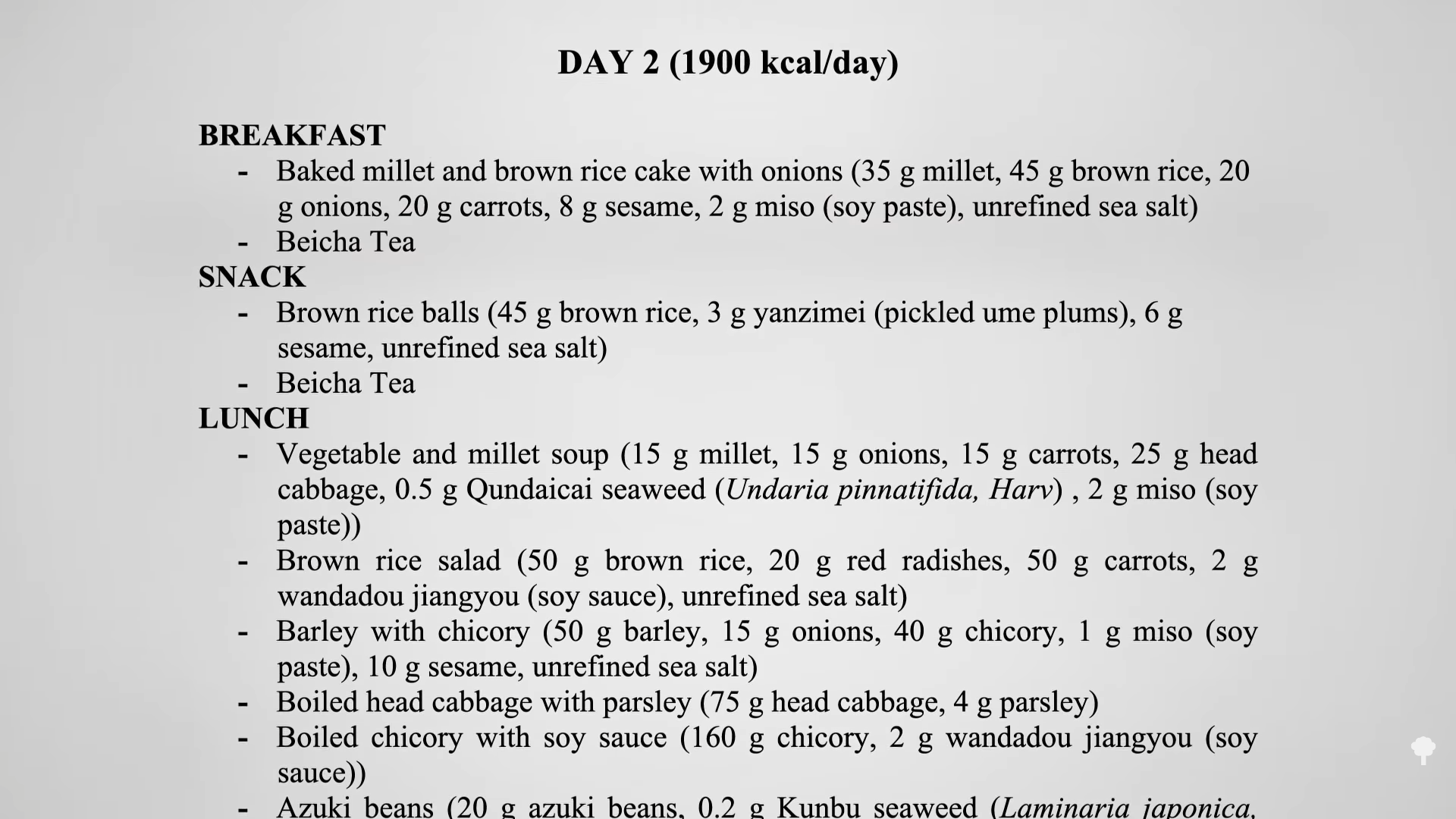
The macrobiotic diet won out on every measure of blood sugar control. You can view the numbers in the graph below and at 4:00 in my video. At the start of the study, participants had fasting blood sugars in the 120s. That’s bad, but they were diabetics, after all. Normal fasting blood sugars, like when you wake up in the morning before having breakfast, should be at least in the double digits and under 100. When subjects were put on the relatively healthy, more standard diabetic diet, their blood sugars got better over the three-week study, dropping from the 120s down into the 110s. (That’s the best the American Diabetes Association-type diet can do.) Compare that to an isocaloric macrobiotic diet, meaning with the same number of calories. On the macrobiotic diet, subjects improved within days and achieved normal fasting blood sugars within a week. A full 100 percent of those on the macrobiotic diet got their fasting blood sugars under 110, whereas less than half of those on the diabetes diet did. And, that was achieved while on fewer drugs. In the control group, one participant was able to reduce their oral hypoglycemic medications, whereas five of the seven on such drugs in the macrobiotic group had to stop taking them. Otherwise, if they had continued taking the drugs, their blood sugars would have fallen too low. So, the macrobiotic diet gave better results on fewer drugs. That’s the power of a really healthy diet.
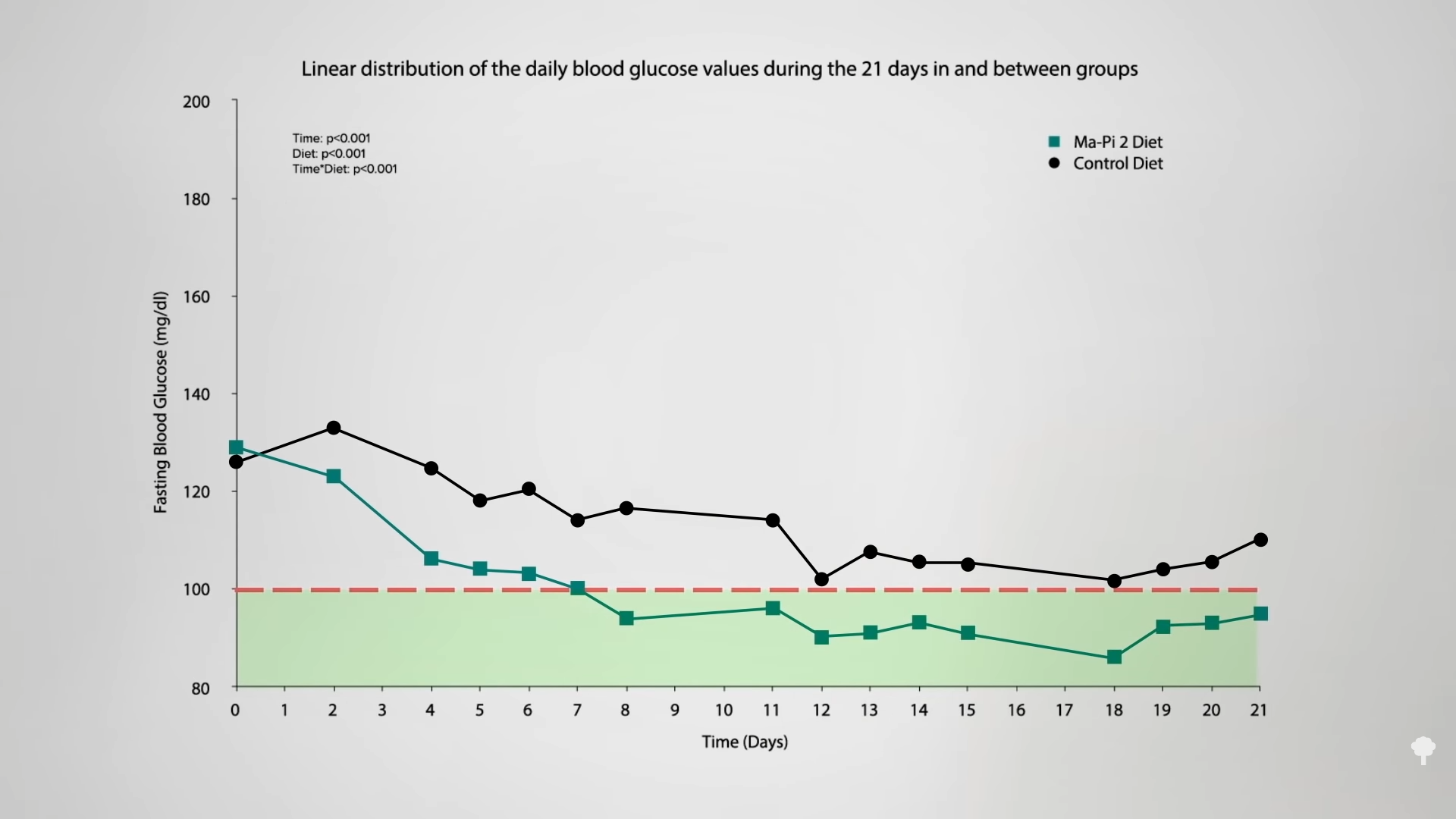
As an aside, what a poke in the eye with a sharp stick this study was to the low-carb crowd! Researchers took diabetics and put them on a 73 percent carbohydrate diet, adding 100 grams of carbs—in the form of grains, no less—to their daily diet. And what happened? Did their blood sugars skyrocket out of control? No, they got significantly better in a matter of days, with average fasting blood sugars starting out at 129 and falling to 95. And, in just three weeks, their bad LDL cholesterol plummeted down to 62, a nearly 48 percent drop.
Is the macrobiotic diet perfect? No, but I offer some suggestions for improving it in my video Flashback Friday: Pros and Cons of a Macrobiotic Diet.
